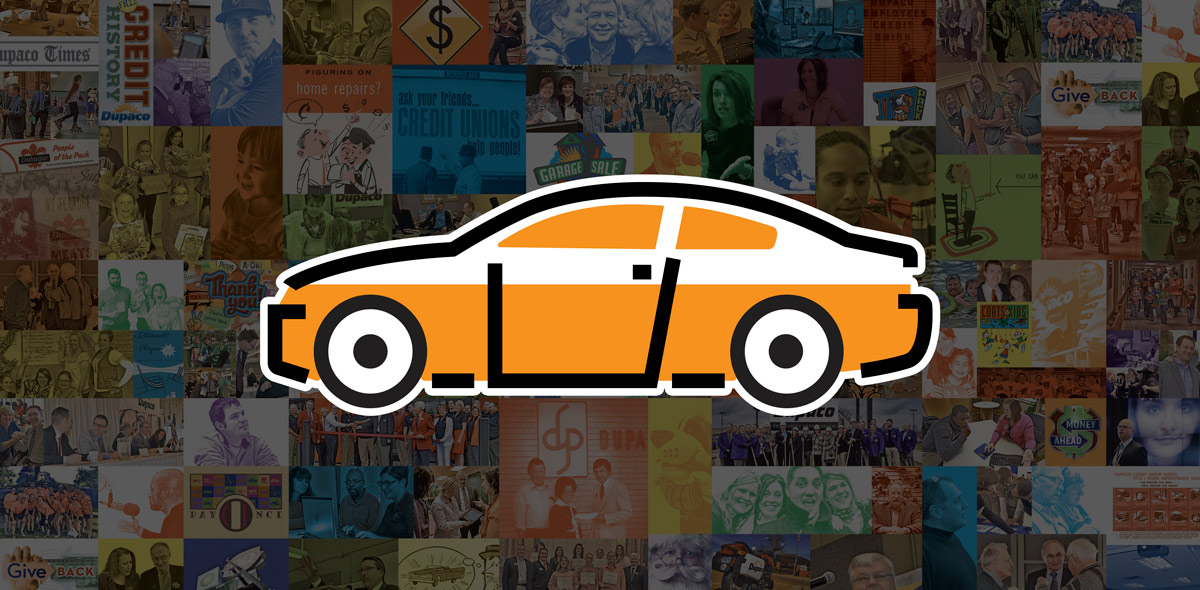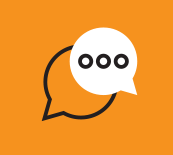
Collision course: What to do after an accident
Updated March 30, 2023, at 12:25 p.m. CT
Collisions can be stressful and scary. And it’s sometimes hard to remember what to do after an accident.
But staying calm can save you money in the long run. Insurance experts advise following some simple steps to help protect you when you file an auto insurance claim.
Use this checklist for follow-up tasks after a car accident:
Pick up the phone
Call the police, especially if there appear to be injuries. You’ll also want to report the accident to your insurance agent.
File a claim with Dupaco Insurance Services >
Verify everyone’s info
Request and verify identification from everyone involved.
Write down the names and contact information for all of the drivers, passengers and witnesses. Then verify that information by asking to see their driver’s license.
Also request the other drivers’ up-to-date insurance company name and policy number. And record the make, model and license plate number of all vehicles involved.
Don’t talk about it
It might be difficult, but here’s what not to say at an accident scene: Don’t talk about the collision with other drivers. Only discuss the car accident with your insurance agent and the police.
Don’t admit fault
Don’t admit fault with other drivers in an accident. Leave that for the insurance companies to work out. You might be blameless.
But if the other driver admits fault, write it down–on an old receipt, napkin or whatever you can find–and ask the driver to sign, initial and date it.
Document the accident scene
Smart phones can be an invaluable tool, especially following a collision.
If possible, use your phone to photograph and document the accident scene.
Download this free, printable accident checklist and keep it in your vehicle in case you ever need it. It can help you remember follow-up tasks after an accident when things feel stressful.
Be prepared
While on the road, it’s also important to remember the leading causes of fender-benders: Back-up accidents in parking lots and rear-end collisions at intersections.
Knowing these are the two big causes of small accidents can help you be more aware of the possibility of that happening. They’re often small-dollar amount accidents—but could raise your premiums down the road.



